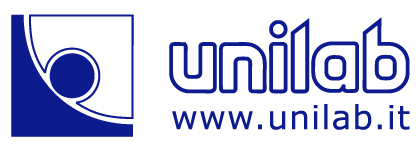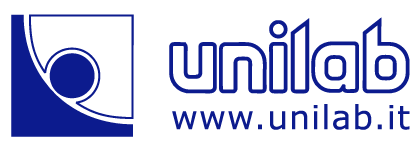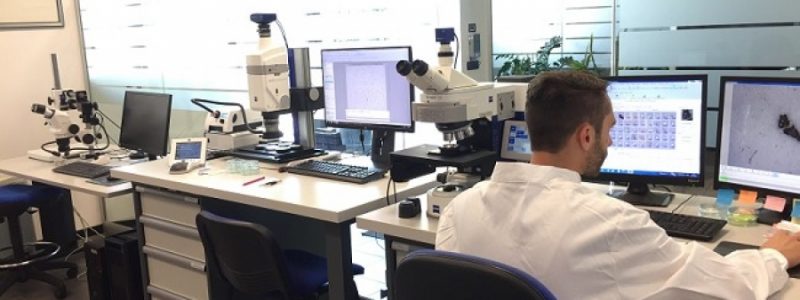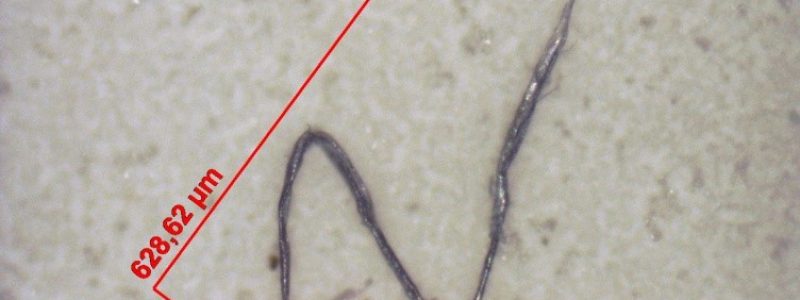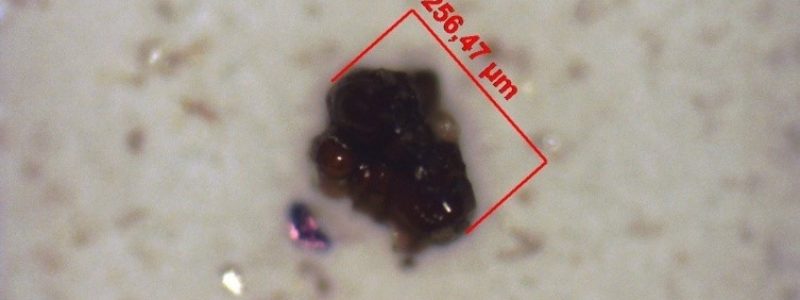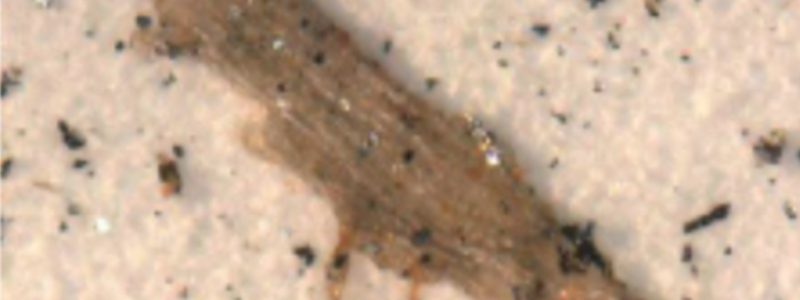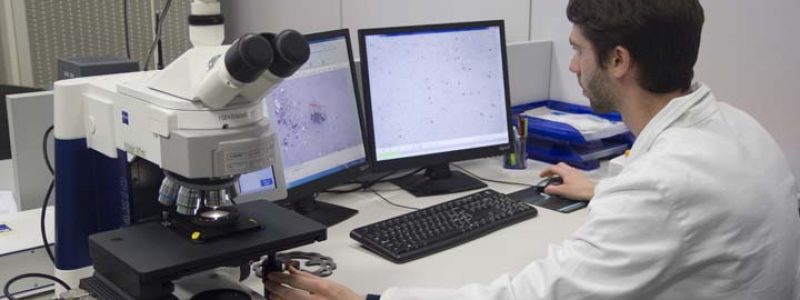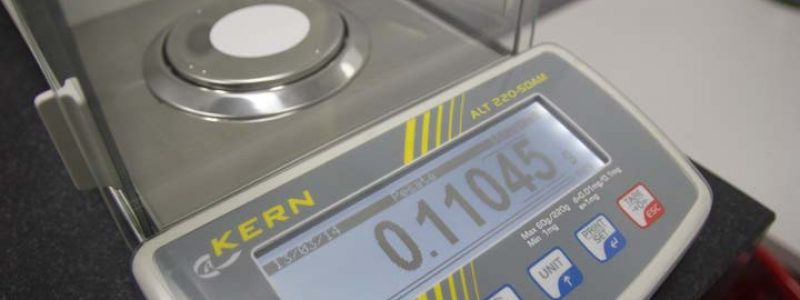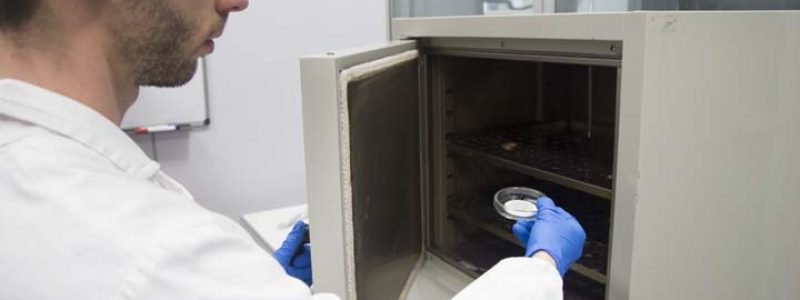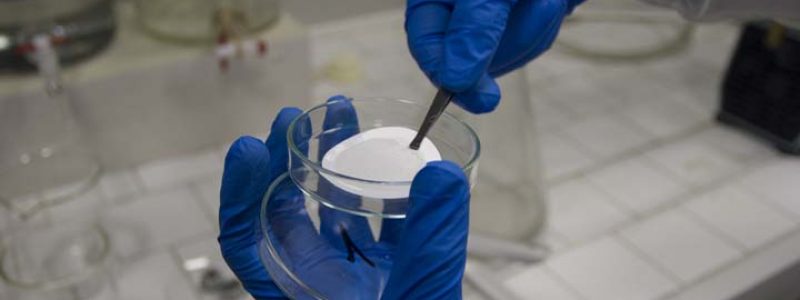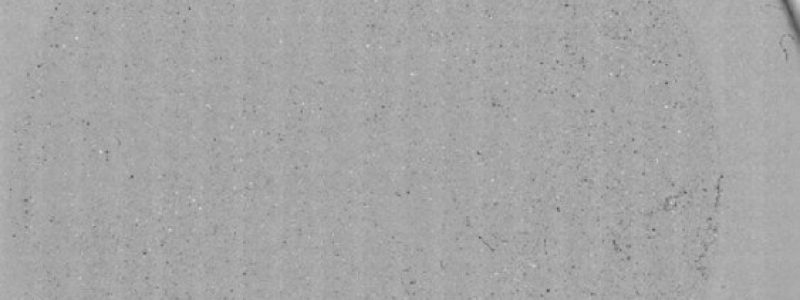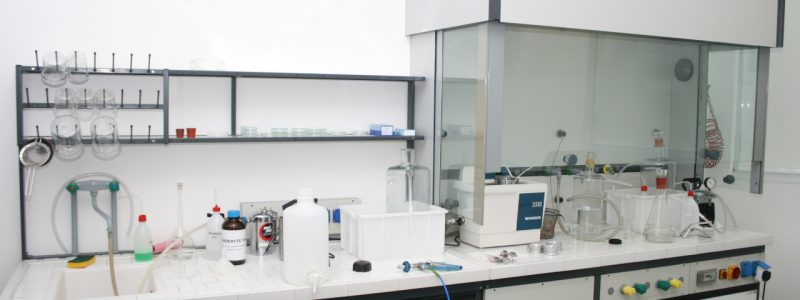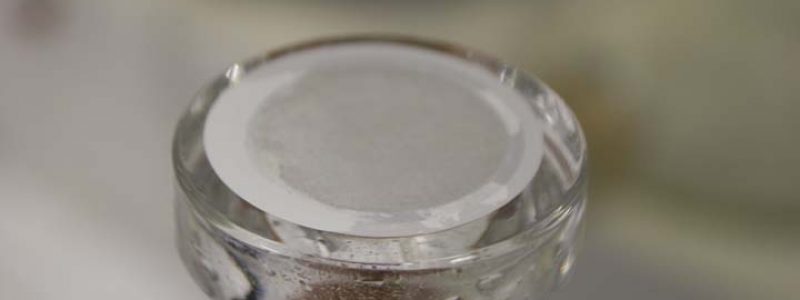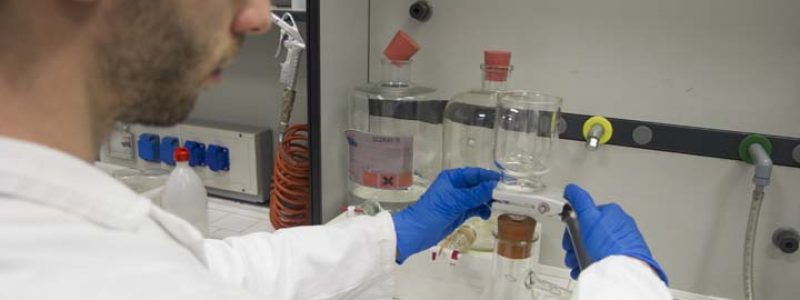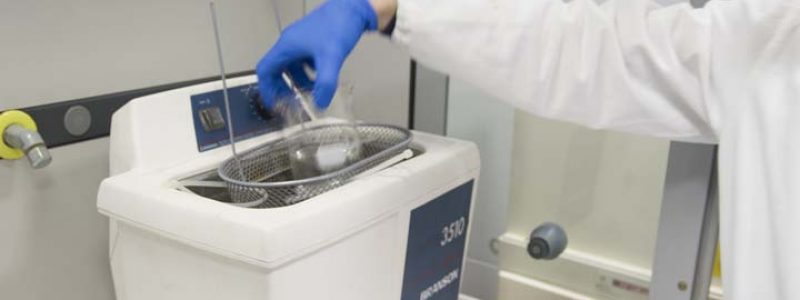The cleanliness test: which standard to use?
We’re well aware that in all sectors “The customer is always right!”.
This is because the relationships between customer and supplier nowadays mainly revolve around economic aspects (purchasing department vs sales manager) and much less characterised by technical agreements.
But I would add “… unless the person speaking is talking about things they know nothing about”.
In this case, it’s necessary to place technical considerations before commercial ones, which enables both the customer and supplier to move closer to the real supply requirement.
In the component cleaning sector the discussion regarding technical aspects is often inconsistent, or perhaps even non-existent: the initial approach to this issue is to underestimate the problem or – worse still – give in totally to your customer’s requests, because you have no idea at all about how to deal with the issue. Then resignation takes over, because the issue is so complex that you end up “trusting” the customer blindly – oftentimes making things worse.
There is an international ISO standard: it’s called ISO 16232:2018 and was issued in December 2018. It should always be a cornerstone of any dialogue when negotiating supply of a product where cleanliness concerns are an issue.
The company standards, those defined by the manufacturers, are, for the most part, very dated – oftentimes having been formulated as many as 20 or 30 years ago. They also fail to take into account the analysis technologies that have been developed in the last decade (optical scanning microscopy, nanotomography, contaminant extraction procedures, etc).
Our laboratory is equipped to perform tests according to the ISO 16232:2007 and ISO 16232:2018 and VDA 19 Standards, as well as in compliance with numerous technical specifications issued by companies and manufacturers.
| AFNOR | ARGO HYTOS | ASTM | AUDI | BMW | BOSCH | CATERPILLAR INC. |
| CGA | CNH | CONTINENTAL | DAIMLER | DAYCO | DELPHI | DANFOSS |
| DEUTZ | DUCATI | FEDERAL MOGUL | FERRARI | FIAT | FORD | GE |
| GETRAG | GEVO | GKN | GM | HELLA | HONEYWELL | HYDAC |
| HYDRA | IHI | IVECO | JCB | JOHN DEERE | MAGNA | MAGNETI MARELLI |
| MAHLE | MAN | MERCEDES BENZ | MSM | MTU | NAS | NEW HOLLAND |
| PARKER – HANNIFIN | PIERBURG | PORSCHE | PSA PEUGEOT CITROEN | RENAULT | SAE | SCANIA |
| SHAEFFLER | SIEMENS | TESMA | THYSSENKRUPP | TI AUTOMOTIVE | TI FUEL | TRW AUTOMOTIVE GmbH |
| VALEO | FCA VM MOTORI | VOITH | VOLKSWAGEN AG | VOLVO | ZF |
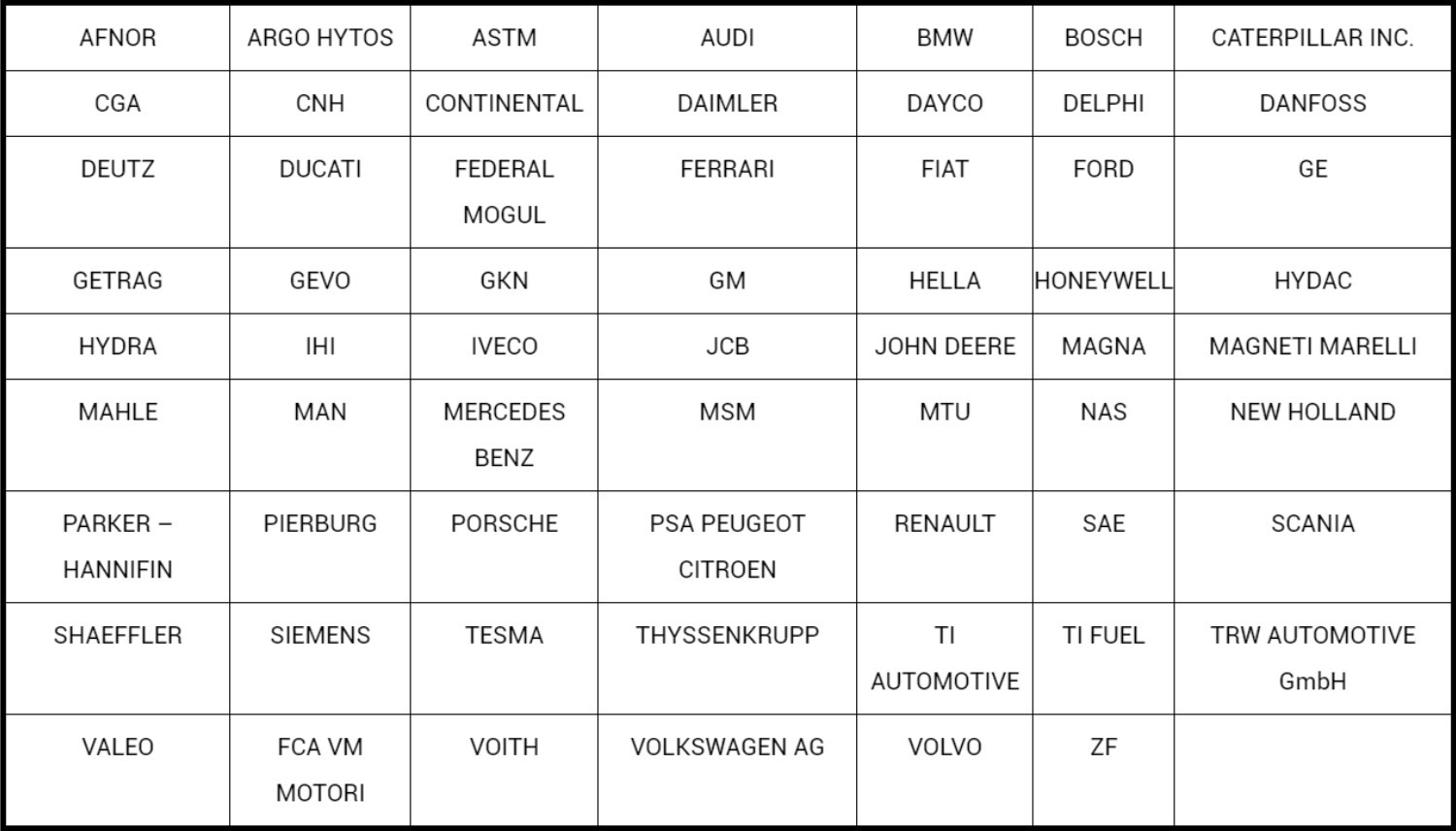
So be wary of those requesting compliance with outdated technical regulations. Place your trust in 17025-accredited laboratories, who are familiar with all the regulatory aspects relevant to component cleanliness.

